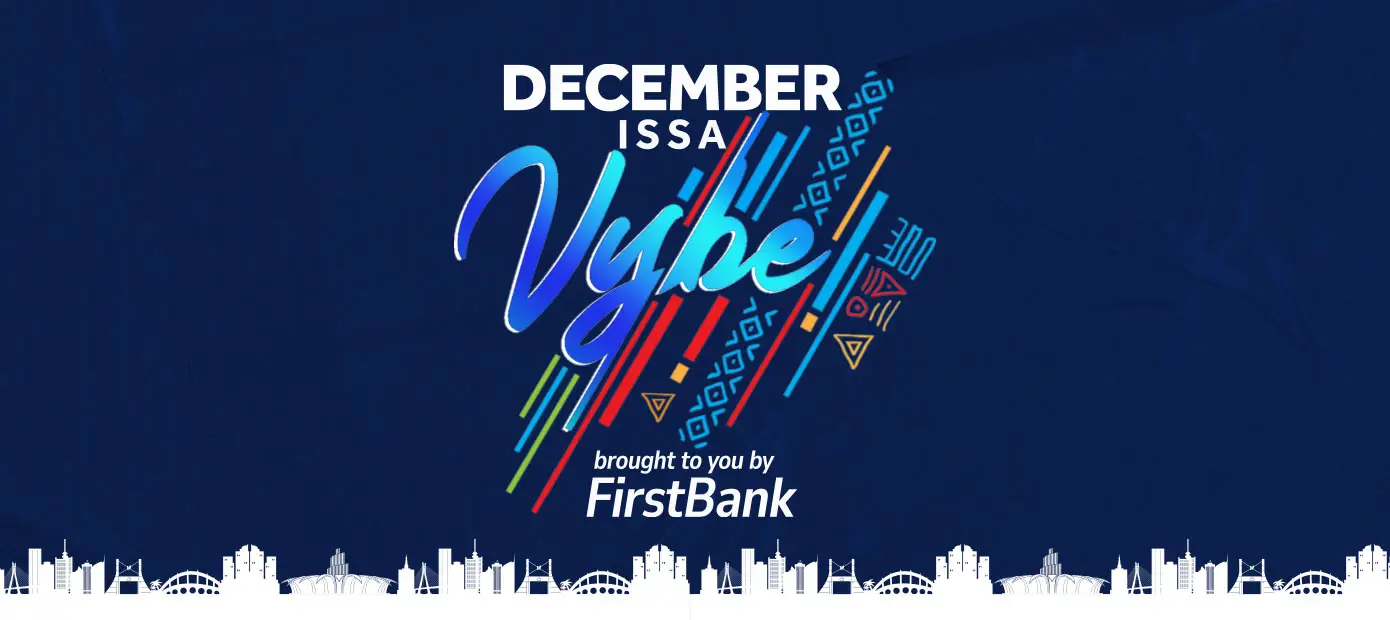Thousands of South Africans are living outside of their means accruing debt amid a rising cost of living, says Sebastien Alexanderson, founder of National Debt Advisors.
‘Debt addiction’ has worsened over the past decade and paired with the current economic turbulence and inflationary pressures – over-indebtedness will likely pose a risk to the financial health of many South Africans, Alexanderson said.
Recent data from the Veri Cred Credit Bureau (VCCB) showed that debt still outstanding at the end of Q2, 2021 reached approximately R2 trillion, with 717,495 people under debt review, he said.
“The average South African is spending up to 75% of their disposable income on debt repayments – a 5% increase from the long-term average of 70% as reported by the South African Reserve Bank.”
The SARB Monetary Policy Committee recently increased the repurchase rate (repo rate) by 75 basis points, putting consumers under even more pressure, with economists warning that further belt-tightening is required.
Alexanderson said the household debt to income ratio currently stands at 67% and it is expected to reach 75% by the end of 2022, as per global macro models and analysts expectations.
“Generally, a good debt-to-income ratio is anything less than or equal to 36%. Any ratio above 43% is considered too high and a sign of indebtedness.”
Alexanderson said that to combat rising debt, consumers need to live within their means.
National Debt Advisors suggested that the following signs could be indicative of addiction to debt within households:
- Spending more than 30% (or 50%) of their gross monthly income on total borrowing repayments (secured and unsecured);
- Being in arrears for more than two months on a credit commitment or household bill;
- Possessing four or more credit commitments; and,
- When spending on total borrowing repayments takes consumers below the poverty line.
Alexanderson offered the following tips on how to break the debt trap:
- Avoid using credit: One of the first signs that indicate that your debt situation is spiralling out of control is when you start feeling like you must rely on taking up more debt on a monthly basis, just to make it through the month. When this happens, it’s time to reevaluate your living expenses and look at ways to live more frugally by not taking on any new debt.
- Buy what you can afford, not what you can borrow: This phrase may sound simple but, as the unwritten rules of the debt trap would have it, it really isn’t. One of the devious ways that creditors might lure you into overwhelming debt is by offering you very attractive credit products that fall right at the edge of your affordability scale.
- Start getting into the habit of saving: The importance of building an emergency fund for unplanned expenses cannot be emphasised enough. Not having a savings plan for emergencies often requires people to take out loans when the rainy days do come.
Read: The ‘real’ value of the rand right now, according to the Big Mac Index




















Discussion about this post